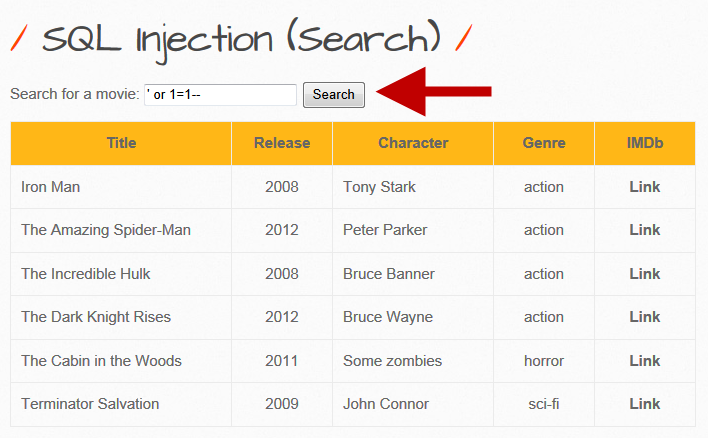Ubuntu or other Linux distributions may be slow when you run it within VirtualBox. Often, the cause is that not enough RAM is assigned to the virtual machine, which makes it run slow and makes it unresponsive. However, if your VM already has plenty of RAM and you also already tried assigning an extra virtual CPU core to the machine, this guide might help you make Ubuntu faster in Oracle VM VirtualBox.
Execute the following command to see if 3D acceleration is being used or not:
Copy this over to where your Virtualbox is setup. The Mac is no longer needed at this point. 🛠️ Setting up Virtualbox. ⚠️ Before continuing, install the Virtualbox Extension Pack, if you haven’t already. This comes with a special USB 3 driver that without, the Mac simply won’t see USB devices. I believe there is a guest extension for MacOS available; Do you have that installed? Also, since August I've been seeing multiple complaints of almost any VM (including Win7, & Ubuntu 18) running extremely slowly on Win10 hosts. Maybe try a VirtualBox Manager version earlier than that release? I am having an issue, I’m using Virtual box to run Ubuntu, its very slow and I gave it 1 gb of ram I'm not sure if I'm doing something wrong. I heard that Ubuntu flies and from the tutorial I saw. The default settings in VirtualBox for guests are pretty low. Give it 64MB at least, and 128MB if you can.
It will probably say:
Now that’s bad news, because the graphical interface of Ubuntu makes your whole system slow and laggy. So first of all, make sure you have the VirtualBox Guest additions installed.
Once this is installed, we now install the vboxvideo driver:
Now, shutdown Ubuntu. Then, you open the settings of your virtual Ubuntu and you go to ‘Display‘. Now tick ‘Enable 3D Acceleration‘.
Start your (formerly) slow Ubuntu and you should notice faster navigation, opening of apps as well as an overall snappier experience!
If you really want to speed things up even further, you can install the CompizConfig Settings Manager. To install and run it, open Terminal and execute this command:
Go to OpenGL and untick Framebuffer Object. Also, you might want to disable effects, such as fading windows, animations and window decoration.
MacOS VirtualBox VM on Ubuntu
How To Use Virtualbox Mac
Posted by Shujin Wu on February 23, 2017
Step 1: Download the Sierra installer from Mac App Store.
This should be done in you Mac and the installer will be placed in /Application/ folder.
Step 2: Prepare Sierra iso
Use geerlingguy’s script to prepare a sierra iso file.
Step3: Install VirtualBox in Ubuntu
You should have your VirtualBox and the Extension Pack installed, or use my ansible role
Step 4: Open VirtualBox and create a new VM.

Settings:
- name: your_sierra_vm_name
- type: Osx
- version: Mac OS X 10.11 El Capitan (64-bit)
- Other
Step5: Configure VM for MacOS (Very important!)
Run following commands and replace “Sierra” with ‘your_sierra_vm_name’.
Step 6: Install Sierra
How To Install Mac Os On Virtualbox
Insert sierra.iso to the sierra VM’s optical driver, and follow the instruction to install Sierra.

Note: In the installer, Go to Utilities > Disk Utility. Select the VirtualBox disk and choose Erase to format it as a Mac OS Extended (Journaled) drive.
Step 7: Remove sierra.iso and restart VM.
Reference
Virtualbox Ubuntu Slow On Mac Download
See also:

